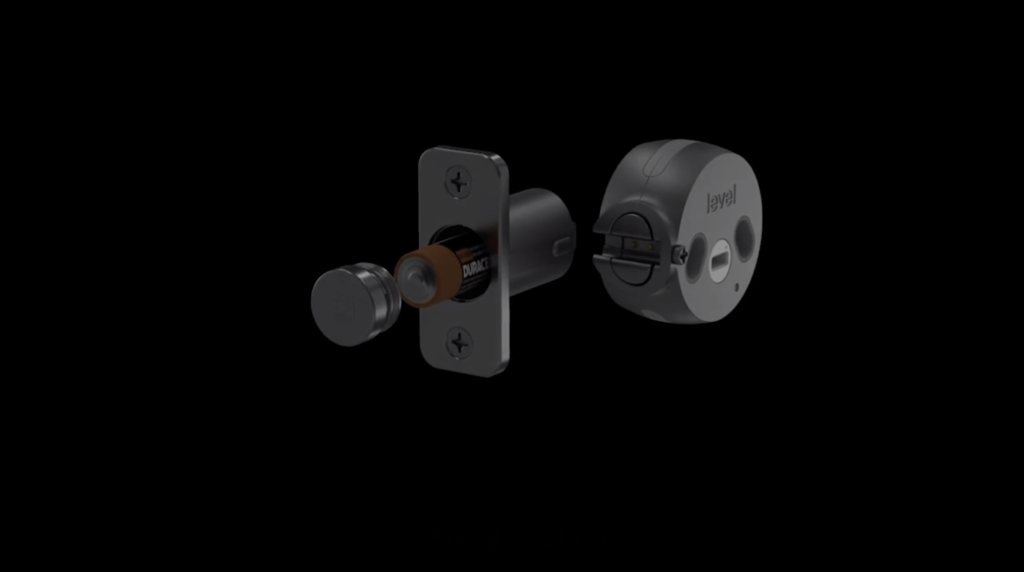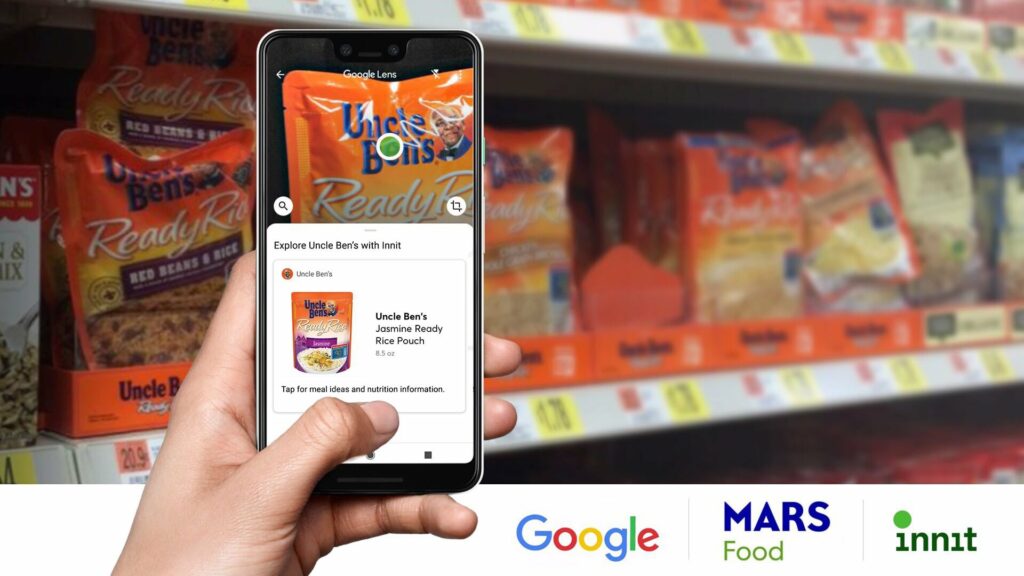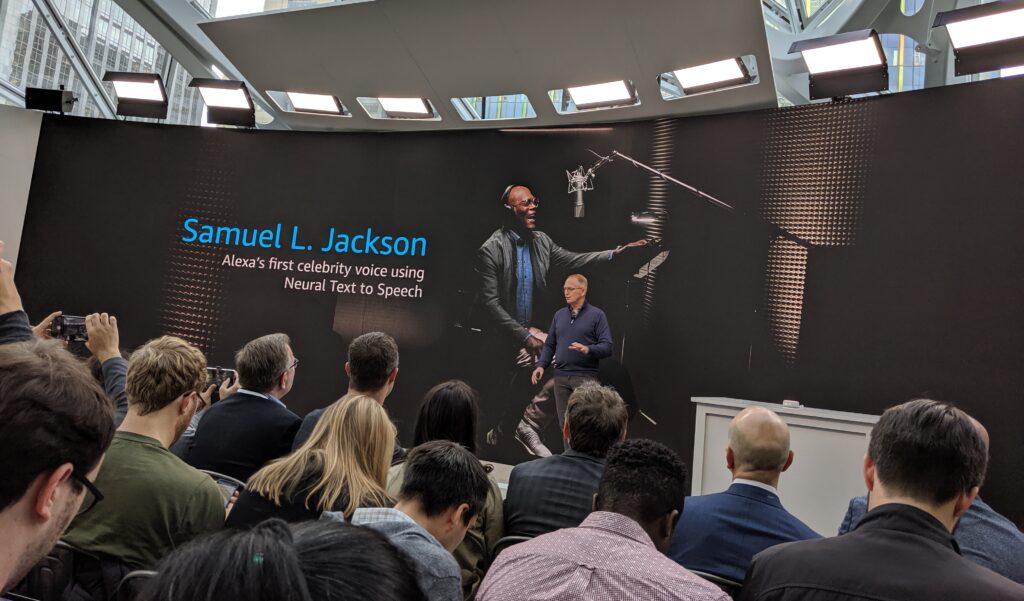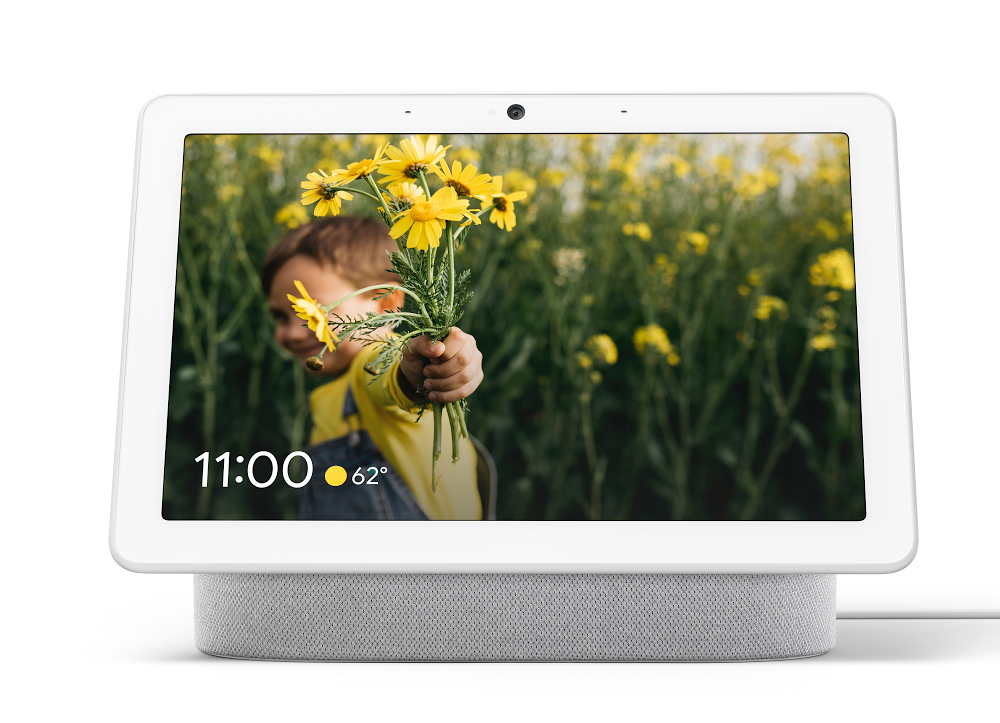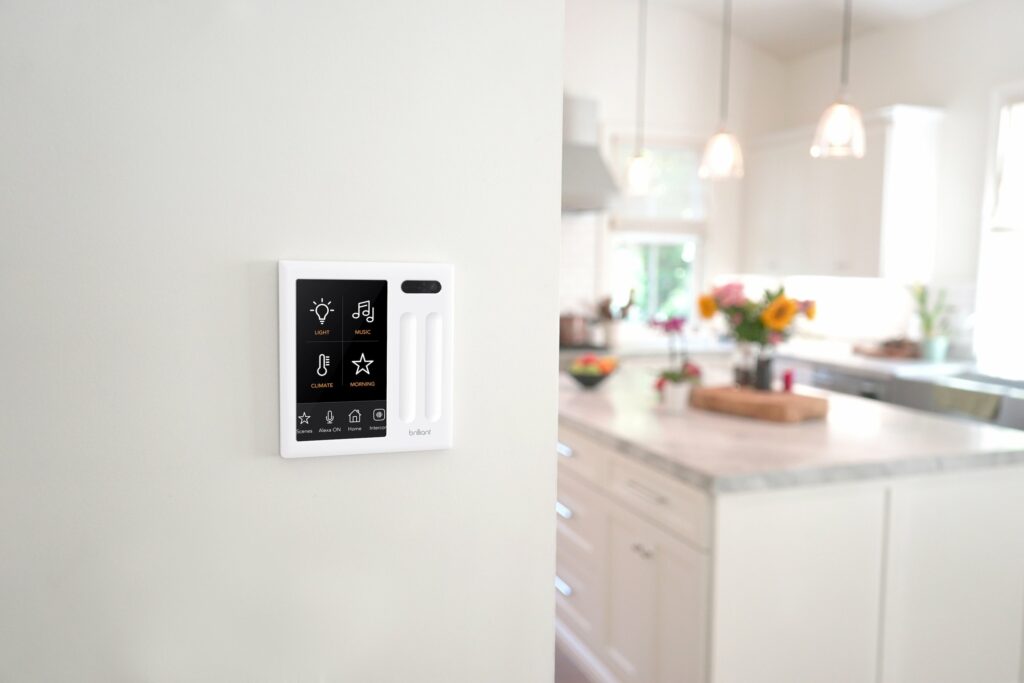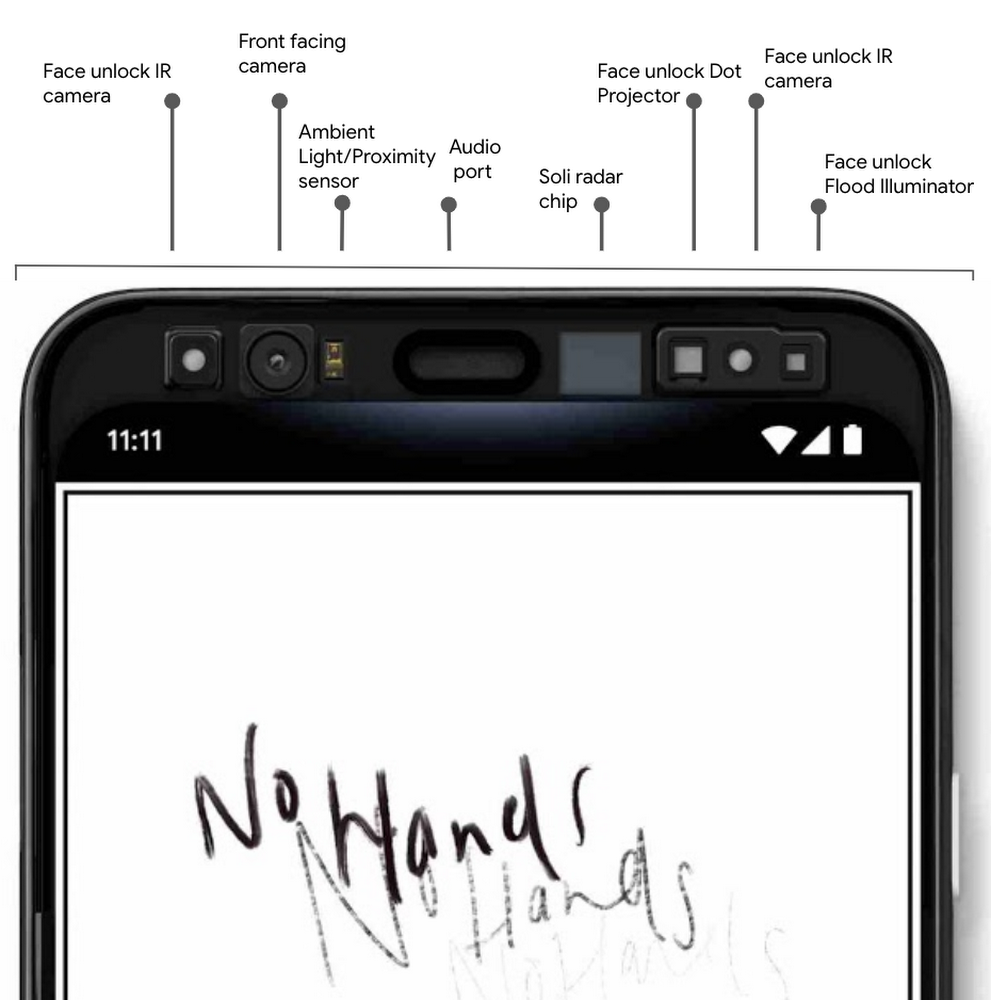This week Kevin and I start with an update on Tuya full of a variety of news the company announced at a conference held this week in Shenzen, China. From there we discuss two updates with the maker of Philips Hue light bulbs that means you won’t need a hub with SmartThings or Google Home devices. On the Google front, we chat about builders ditching Nest, missing Google Actions, a new hack, and an updated machine learning board. Nvidia hits our radar this week with machine learning at the edge, as does Shine’s smart toilet device. Kevin shares his review of the Nest Mini and we answer a listener’s question about smart holiday lights.
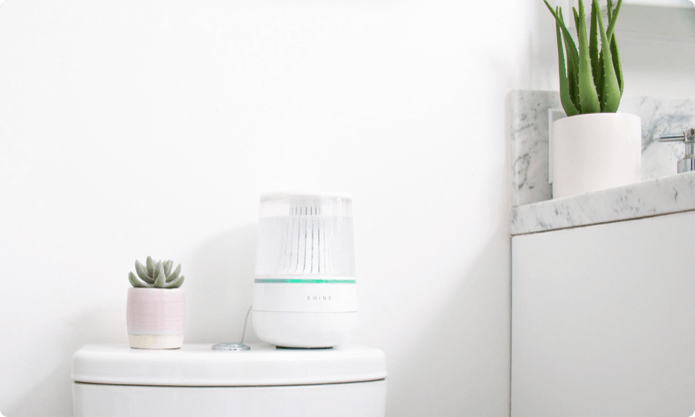
After all that, join our guest Rose Eveleth, journalist, and creator of the Flash Forward podcast for a discussion about the role science fiction writers play in shaping our understanding of technology, We talk about the role fiction should have in setting tech policy, the different types of sci-fi and where stories should help guide our understanding of tech. It’s a deep discussion that ends with a few book recommendations. I hope y’all enjoy it.
Hosts: Kevin Tofel and Stacey Higginbotham
Guests: Rose Eveleth, journalist, and creator of the Flash Forward podcast
Sponsors: Nutanix and Afero
- Tuya’s rapid rise as an IoT platform
- Nvidia’s edge news was big for telcos and some IIoT
- Here’s a smart take on the smart toilet
- My sci-fi may not be your sci-fi
- What can science fiction writers teach us about IoT?
Update on 10/24/2019: In the podcast, we mistakenly noted that the new SmartThings integration with Philips Hue bulbs doesn’t require a hub. Because the SmartThings Hub doesn’t support Bluetooth, a Philips Hue bridge is still required.
Podcast: Play in new window | Download | Embed
Subscribe: RSS

